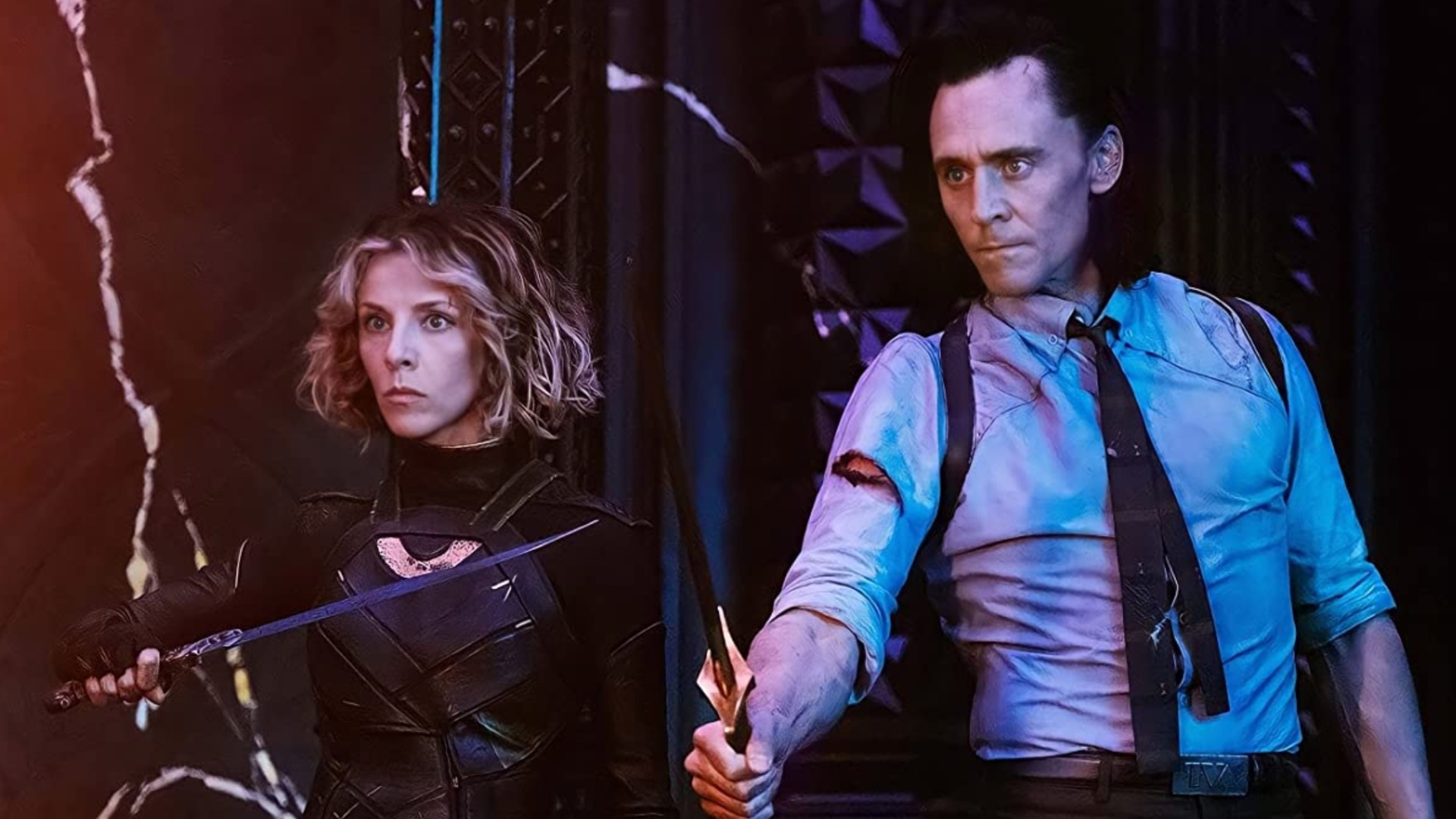Loki showrunner Kate Herron responds to Russell T Davies' critique of coming out scene
Tom Hiddleston previously called it a "small" but "important" step

Loki season one showrunner and director Kate Herron has responded to Russell T. Davies's criticism in regards to the way the show handled Loki's sexuality.
In episode three of the Marvel spin-off's first season, Loki comes out during a conversation with Sylvie. It's a subtle moment: she suggests there that must have been "many would-be princesses or perhaps, another prince," in his life, to which Loki replies: "A bit of both. I suspect the same as you." Loki is indeed bisexual in the comics, something that Herron felt was important for the show to acknowledge.
Davies, creator of Queer as Folk, reacted to the scene with some harsh words, saying, "Loki makes one reference to being bisexual once, and everyone’s like, ‘Oh my god, it’s like a pansexual show.’ It’s like one word. He said the word ‘prince,’ and we’re meant to go, ‘Thank you, Disney! Aren’t you marvelous?’ It’s pathetic. It’s a ridiculous, craven, feeble gesture towards the vital politics and the stories that should be told.”
In a new interview with Variety, Herron responded: "I don’t disagree that there should be bigger stories being told, but—and I think he has a right to his opinion—I’m very proud of what we did in the show. Russell is a hero of mine, but like I’ve said, I hope that we did at least open the door and that more stories will come.”
Tom Hiddleston previously discussed the moment in The Guardian, calling it a "small" but "important" step and saying that there's "further to go."
Loki season 2 is currently underway. For more, check out our list of the best new TV shows coming your way in 2022 and beyond.
Bringing all the latest movie news, features, and reviews to your inbox

Lauren Milici is a Senior Entertainment Writer for GamesRadar+ currently based in the Midwest. She previously reported on breaking news for The Independent's Indy100 and created TV and film listicles for Ranker. Her work has been published in Fandom, Nerdist, Paste Magazine, Vulture, PopSugar, Fangoria, and more.


